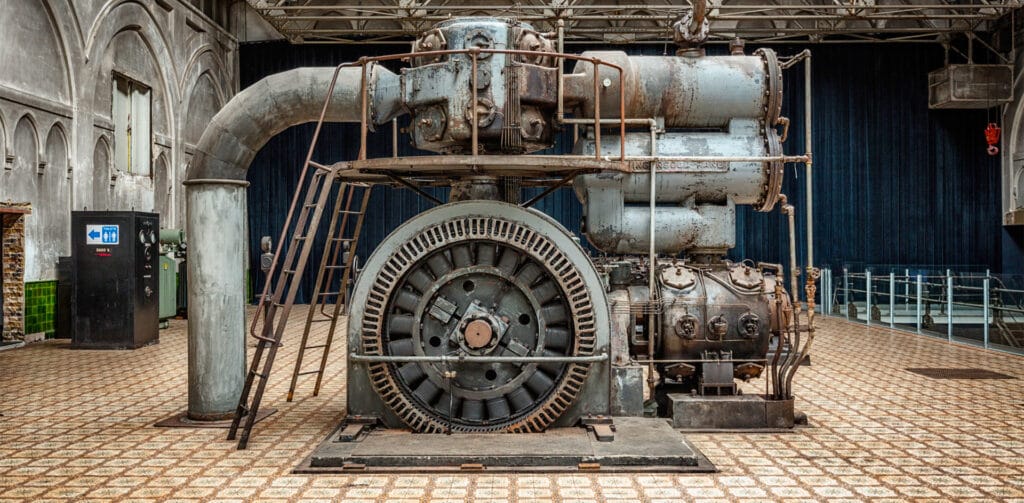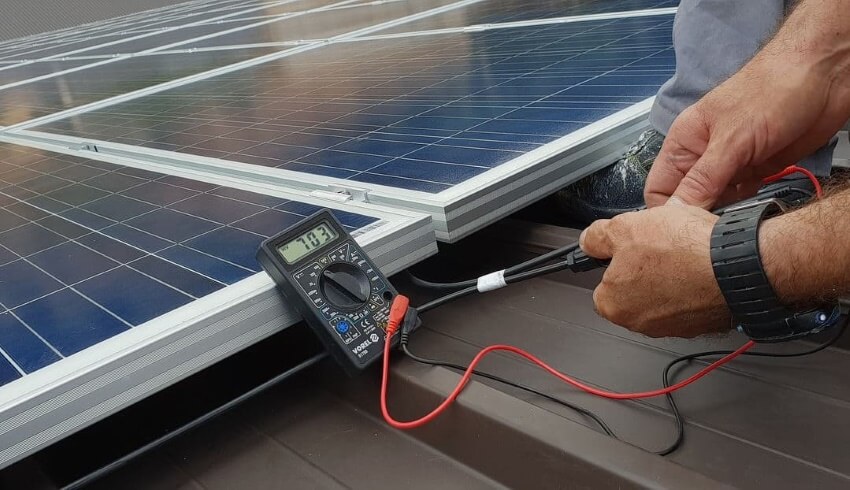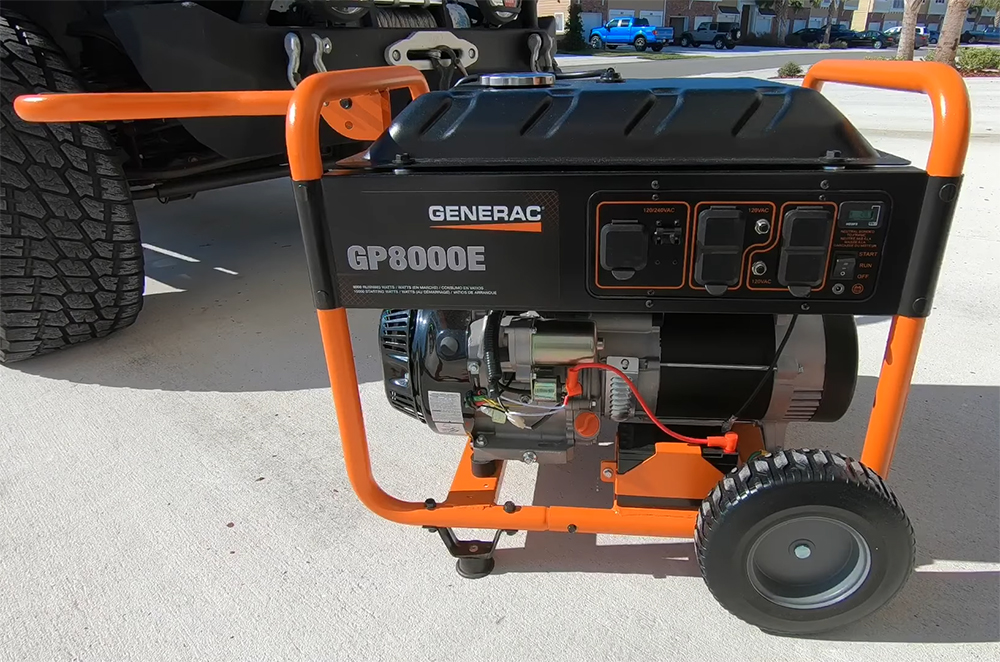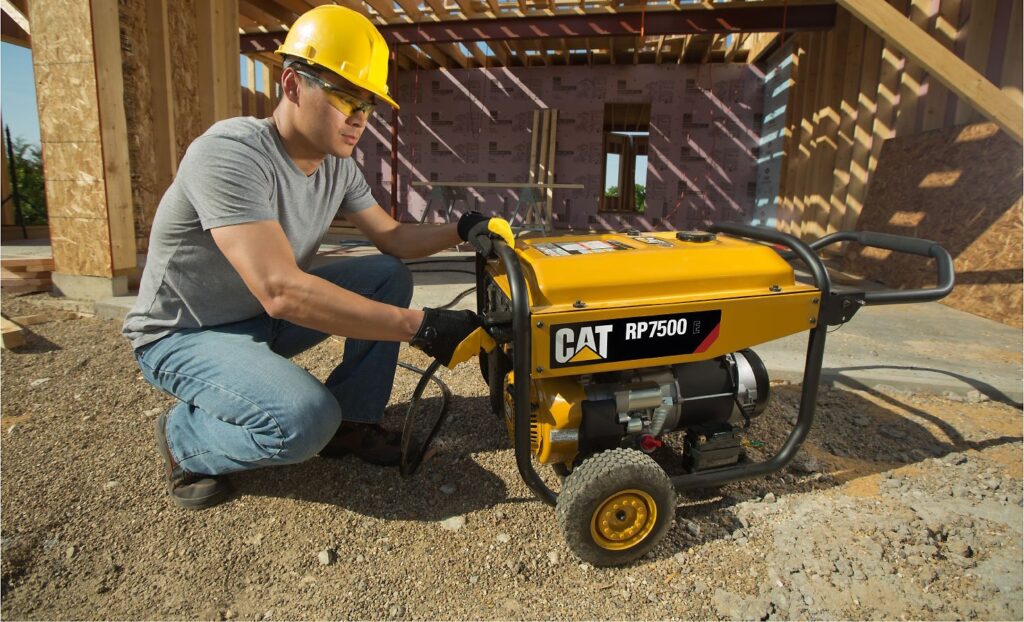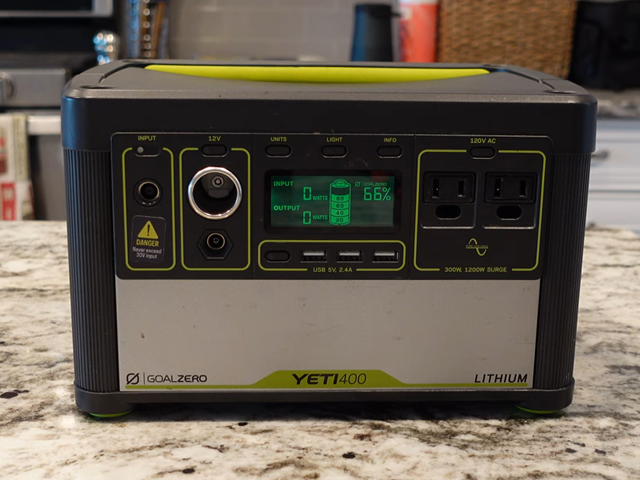
Purchasing a standby generator makes a lot of sense, but it does represent a significant investment and it’s natural to wonder, how long do generators last? Ensuring that you have power for your home or business when power is unreliable and a power outage has occurred is a great idea. But, what is the overall lifespan of the generator and is there a way to keep the unit working at optimal efficiency for longer? In this article, we will take a closer look at the potential lifespan of a generator and other factors to help you make an informed purchasing decision.
Choosing the best portable generators or whole-house systems is a little more complex than buying the largest and most expensive unit and hoping for the best. When you’re considering the useful lifespan of a generator there are three main factors to consider:
A good portable unit, such as the Champion 3400-Watt Dual Fuel RV Ready Portable Inverter Generator may have all the features that you’re looking for, including dual fuel, quiet operation, electric start and more. But, before you make a final decision, it’s important to look at some benchmarks. Most portable generators will operate for around 1,000.2,000 hours and a power outage is typically at least 4 hours. In extreme cases, a power outage may last for several days, but this is rare and it usually occurs after a major disaster. If a generator is cared for, regularly serviced and stored away from moisture it can operate reliably for 10-15 years.
A portable generator is designed for a very different market than the larger stationary units. They are usually powered by propane and gasoline and they tend to be much smaller and many have built-in wheels for transportation.
Diesel is not a popular fuel choice for these units because diesel engines are noisy and heavy.
Stationary standby units, such as the: Generac 7043 Home Standby Generator are generally used as a power backup for homes and businesses. They are usually powered by natural gas or diesel and automatic start controls are used to start the systems. The generators require a professional installation, maintenance and the engine must be well lubricated to maintain performance and to increase the useful lifespan. The larger diesel generators run at around 1800 rpm and they tend to last 2-3 times longer than the gas powered variants that run at approximately 3600 rpm. There are inverter powered generators that buck the trend with variable operating speeds that adapt to the power load requirements.
Take a look at our list of the best whole house generators to check the capacity and running specifications. Be sure to check the fuel requirements. Diesel fuel acts as a top-end lubricant for the sleeve and valve stems and the lower operating speeds reduce the wear and tear on the powerplant. These are some of the main reasons why a diesel generator is likely to last longer than a gas powered variant if the maintenance needs are met.
Let’s take a look at five tips to increase the useful lifespan of you generators:
We cannot overstress the importance of regular maintenance to prevent damage and reduce the frequency of repairs. Many dealers sell maintenance contracts and extended warranties that may be worth the extra investment. The generator should be run for 30 minutes per week to circulate the oil and this will demonstrate that the equipment is working as intended.
Use the dipstick to check the oil levels regularly and always top up with the brand and type recommended by the manufacturer.
The intake and exhaust fans need to be clear of debris and any small critters that may have taken up residence during the winter must be evicted.
The battery and housing must be free from corrosion, the oil needs to be fresh and the wires and terminals should be clean.
The generator should be fitted with a cover to protect the unit against the elements. Storing the generator in a garage or dedicated area out of the weather can extend the lifespan significantly.
We hope that we’ve sufficiently answered the question, how long do generators last? As you can see, this is not an easy topic to cover because there are a lot of variables to cover. How and when the generator is used can have a significant impact on the overall usefulness. But, the key to a longer generator lifespan is protecting the equipment when it’s not in use and investing in ongoing routine maintenance. This is the best way to ensure that the generator is ready for you when you need it most. A good generator that is looked after may deliver years of operational service before a replacement is required.
